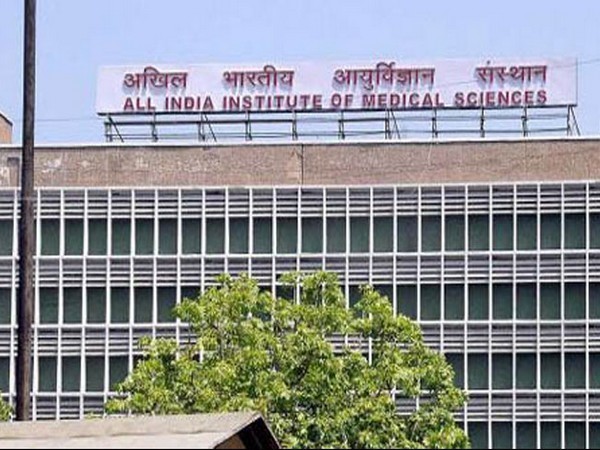By Shalini Bharadwaj
New Delhi [India], June 29 (ANI): After heavy rains left Delhi waterlogged on Friday, services in the operation theatres (OTs) of the Neurosciences Centre of the All India Institute of Medical Sciences (AIIMS) Delhi were affected as OTs became non-functional, as per a notice by the AIIMS Delhi.
According to the notice dated June 28, all the OTs were non-functional due to the non-functioning of the air-conditioning and water seepage from the walls.
The neurosurgeries were also kept on halt and patients were referred to Safdarjung Hospital or any other government hospitals.
The decision came after a discussion with the Nursing Superintendent (NS OT Sister in-charge) of the Cardiothoracic and Neurosciences Centre AIIMS, the Master of Surgery of CN Centre, and the Chief of CN Centre.
The notice reads, “As per discussion with the NS OT Sister in-charge, MS (CNC), and the chief CN Centre, all the OTs are non-functional due to the non-functioning of the air-conditioning and also water seepage from the walls. Hence, no case can be operated on, any patients coming to an emergency requiring surgery, the same kindly be referred to either Safdarjung or any other government hospital. If there is a case, which has to be done urgently, may kindly be taken up in the trauma centre after discussing it with the concerned faculty.”
Further details are awaited from the AIIMS administration regarding the information received.
Meanwhile, heavy rains lashed parts of Delhi-NCR for the second consecutive day on Friday, causing waterlogging, traffic jams, rain-related accidents, casualties, and injuries that prompted the government to take measures to tackle the situation.
The Delhi government held an emergency meeting in view of heavy rains and waterlogging at the Delhi Secretariat earlier in the day.
Following the meeting, Delhi Minister Atishi said that an emergency meeting was attended by all senior officials of the government and several important decisions were taken.
Atishi said that the Delhi government has identified 200 hotspots that are prone to waterlogging. She said that the reason behind waterlogging is excessive rainfall, which exceeds the capacity of drains. (ANI)
Disclaimer: This story is auto-generated from a syndicated feed of ANI; only the image & headline may have been reworked by News Services Division of World News Network Inc Ltd and Palghar News and Pune News and World News
HINDI, MARATHI, GUJARATI, TAMIL, TELUGU, BENGALI, KANNADA, ORIYA, PUNJABI, URDU, MALAYALAM
For more details and packages
















